A knowhow that mediates between knowledge and interest
The typical aggregation capacity of design is confirmed by the account given of the “The Future of Packaging Design” Symposium: an open discussion on innovation in design but, above all, on the drivers that support its development in a sustainable key. Good premises for the establishment of a Permanent Observatory, coordinated by the Advanced Design Unit of Bologna University.
Flaviano Celaschi, Clara Giardina
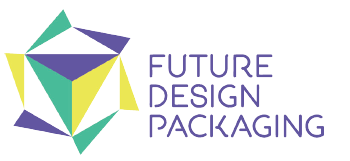 On 6 December, the Bologna Golinelli Foundation hosted the first International Symposium on innovation in the packaging sector, organized by the University of Bologna and entitled “The Future of Packaging Design. Towards a smart and sustainable era”.
On 6 December, the Bologna Golinelli Foundation hosted the first International Symposium on innovation in the packaging sector, organized by the University of Bologna and entitled “The Future of Packaging Design. Towards a smart and sustainable era”.
Over 250 participants, from 95 companies in the Packaging Valley and from a dozen Italian and foreign universities took part.
The Advanced Design group of the Alma Mater Studiorum has started a qualitative-quantitative research which, in 6 months, has collected over 330 cases of packaging innovation reported by more than 80 international observers.
The data was collected and systematized in a Research Report Illustrated during the Symposium by Clara Giardina, Research Fellow and coordinator together with Professor Flaviano Celaschi who directed the operation scientifically.
The research brought out six main innovation drivers, providing original interpretative keys on important issues - materials, traceability, circularity, value network - and combining each of them with “Design Alerts”, or operational suggestions for companies to be translated into projects.
Objective of the Symposium. Check the interest in the creation in Bologna of a Permanent Observatory on Packaging Innovation that, starting from the sensitivity of design, can bring together the knowledge of the various scientific and technological sectors involved in the complex packaging supply chain, establishing an organization capable of continuously gathering, processing and conveying knowledge and experience in innovation. A large number of public institutions, universities, businesses, researchers and teachers, who attended the meeting signed up for the explicit request for support.
The common hope is that the Permanent Observatory will become an organization rooted in the Emilia-Romagna region, coordinated by the UNIBO Advanced Design Unit and that, thanks to relations with national and local institutions, it will develop starting from a “Freemium” adhesion logic, with free access to general information and periodic analysis reports, and with access reserved to associated subjects (companies, institutions, researchers) at a more detailed level, up to the development of a “custom” level of research and analytical sharing, based on specific requests and targeted to the single problem.
Insights
The Symposium day was organized around six global experts on the topic, chosen starting from the case studies according to a multifactorial analysis, and space was given to the innovations and logics implemented by 7 important sector companies operating in the Emilia Romagna Packaging Valley.
The Symposium was directed by a scientific committee that, as well as prof. Celaschi and Clara Giardina, comprised prof. Silvia Barbero (Polytechnic of Turin), Erik Ciravegna (Pontificia Universidad Catolica de Chile), Franco Fassio (University of Gastronomic Sciences of Pollenzo). The day was sponsored by the Municipality of Bologna, the Polytechnic of Turin, the Pontificia Universidad Católica de Chile, the Pollenzo University of Gastronomic Sciences in , and sponsored by Conai and with ItaliaImballaggio as Media Partner.
Morning
► After the salutations and the opening of proceedings, the first guest was Simon Jones, SVRY Sales of EVRYTHNG, recently named among the 50 most disruptive companies in the United Kingdom. His intervention was crucial to understand how connected packaging can convey sustainability and circularity in the consumer products industry. Many case studies that have shown how #BornDigital products (their workhorse) can be easily traced and constitute a privileged media channel with the consumer along the entire supply chain, providing information that can guarantee traceability and circularity, from the supply of the material. until the product is disposed of.
► Tommaso Maschera brought the experience of Plug And Play(of which he is Venture Associate), the largest innovation platform in the world and the most active start-up accelerator, born in Silicon Valley and which also has a base in Italy.
It has therefore been able to provide the state of the art in corporate innovation in the packaging sector, noting how the demand for innovations in active, intelligent and sustainable packaging is growing.
► Yuval Ben-Yehuda (Sales Manager of TIPA®, an Israeli start-up that is working with Plug And Play in the Food and Beverage program in Milan) showed a highly performant flexible and compostable packaging solution for food applications.
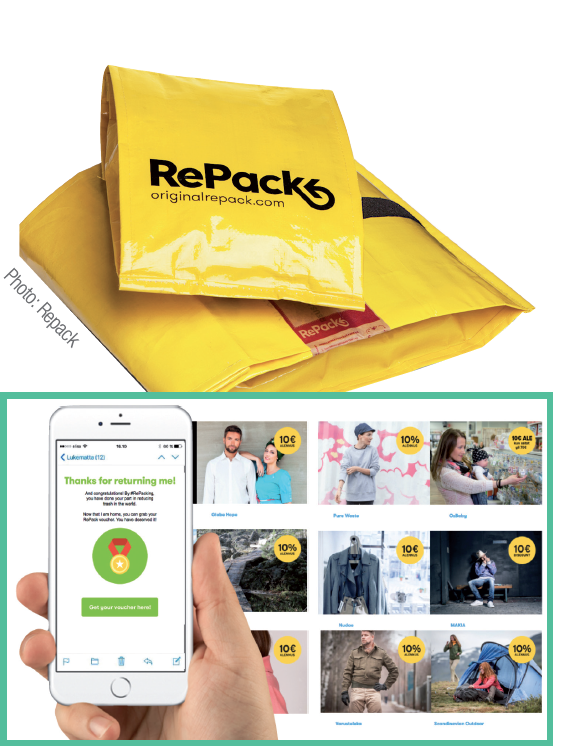 ► Much interest was also aroused by the contribution of Christof Trowitz, Business Developer in RePack, a Finnish company that invented and introduced a reusable packaging service for e-commerce. RePack allows you to “close the circle” with the return of packaging by post, allowing you to completely reduce waste and CO2 emissions by 80%, thanks also to incentives for consumers with Rewards.
► Much interest was also aroused by the contribution of Christof Trowitz, Business Developer in RePack, a Finnish company that invented and introduced a reusable packaging service for e-commerce. RePack allows you to “close the circle” with the return of packaging by post, allowing you to completely reduce waste and CO2 emissions by 80%, thanks also to incentives for consumers with Rewards.
► Reuse and digital technologies are the basis of the idea of the Czech company MIWA (acronym for Minimum Waste), which has developed a reusable packaging with integrated RFID and has innovated the distribution of dry and bulk liquid products, thanks to the design of intelligent dosers to be installed in stores.
Petr Baça has shown how operational efficiency based on data, and the focus on traceability of the quality of the brand and the product, allows for “free packaging” sales for brands and large retailers
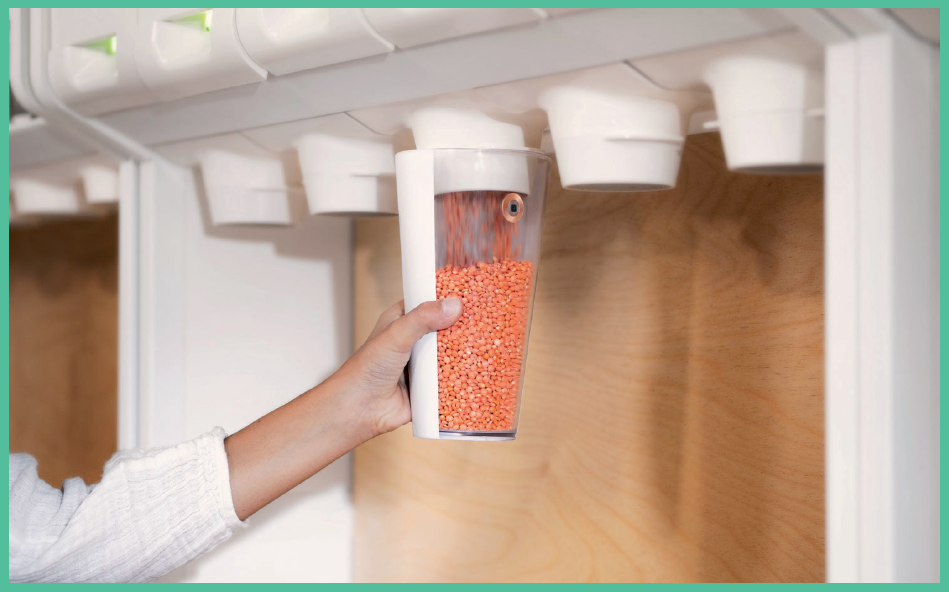
► The morning was closed by Augustìn Correa, Head of Research, Development and Innovation of Triciclos, a circular engineering company based in Santiago de Chile, which has been able to integrate different data and skills over the years: recycling stations, training programs, consultancy and new product development have made it the leader of a wave of changes towards the circular economy throughout its area of intervention.
Their latest project is ReGO, a machine that miniaturizes recycling and in real time transforms waste (yoghurt cups) into injection plastic for making toy building blocks.
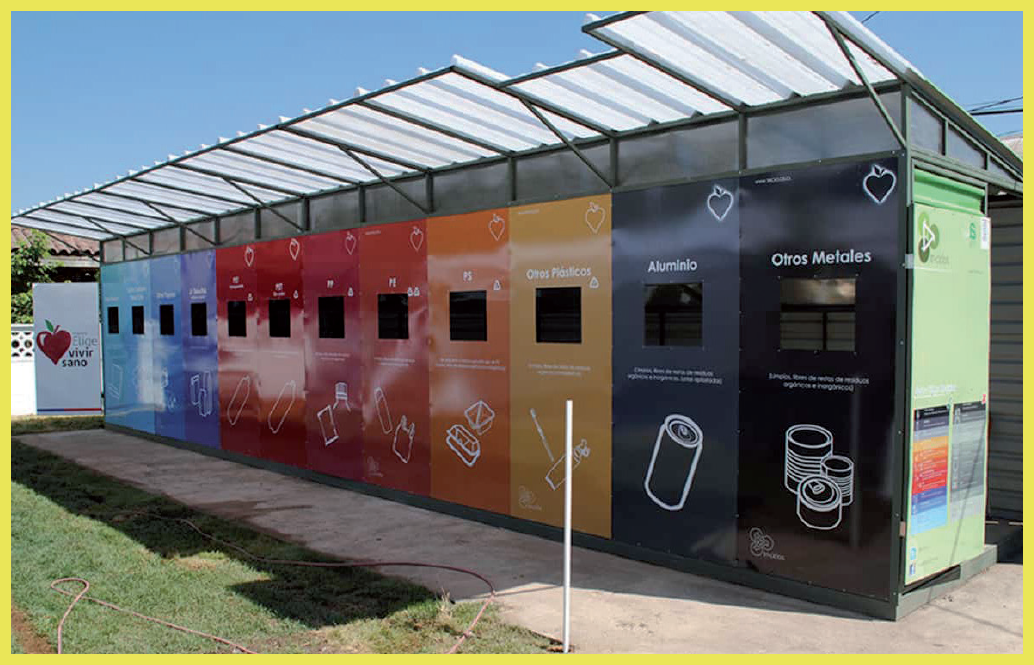
Di pomeriggio
► The afternoon session was introduced by Erik Ciravegna, Professor of the School of Design of the Pontificia Universidad Católica de Chile and Visiting Professor of the University of Bologna, who presented a research entitled “The Good Packaging”: a systemic and ethical approach to design innovation in the sector, which aims to promote the design, production and use of packaging solutions that are not only effective from a communicative and technologically advanced point of view, but also more sustainable and socially responsible.
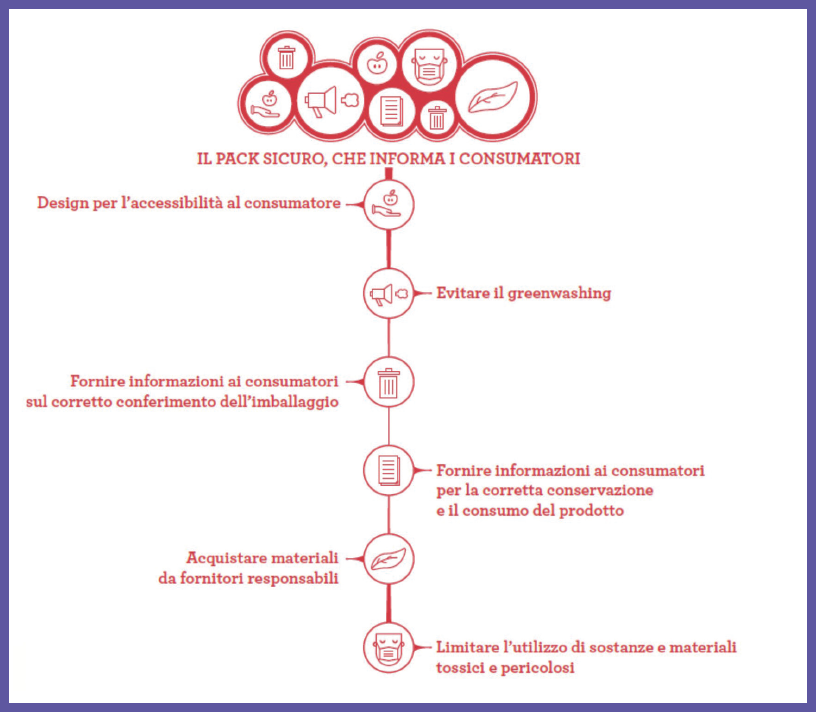 - 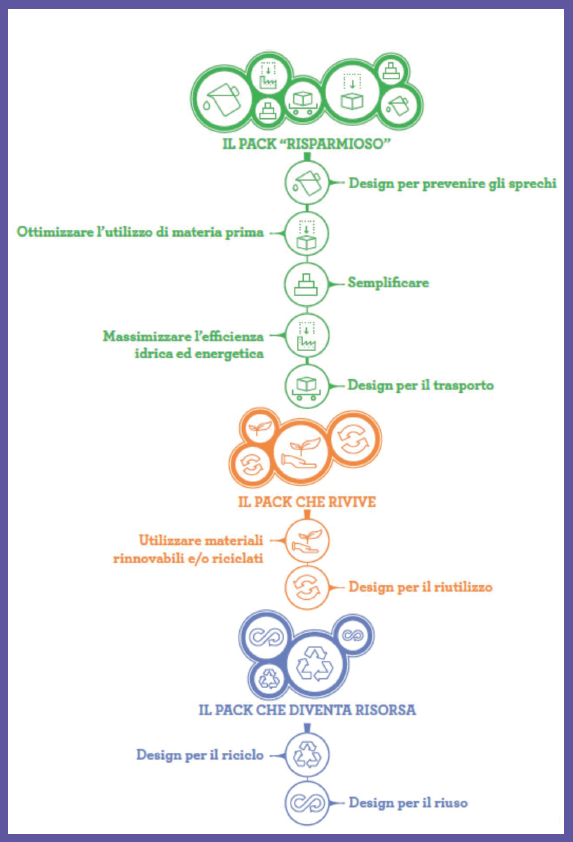 |
► Simona Fontana, head of the CONAI Study Center and Prevention Area (who sponsored the day and will support the future Observatory) then presented the Conai roadmap for sustainable packaging: guidelines that illustrate the key factors on which a concrete strategy is developed to increase the environmental value of packaging.
► Afterwards, the representatives of seven companies located in the Packaging Valley presented their strategies on the subject, until the end of the proceedings.
- Carlo Andriolo, of Aliplast (Hera Group), a company that has been operating in the recycling of plastics for 30 years and is one of the largest operators in Europe - pointed out how eco-design plays a key role in ensuring that plastic packaging is effectively and broadly recycled.
- Giorgia Mainardi, Innovation Manager, presented three different initiatives on sustainable innovation that Amadori is carrying out with a dedicated task force: The Green Packaging Challenge, a “call for ideas” for the company’s packaging suppliers; Matcher, a regional initiative focused on innovative solutions, and an international acceleration program.
- In his talk Barilla’s Packaging Research & Sustainability Manager Giacomo Canali focused on the “Barilla Sustainable Packaging Journey” up to the company’s ambitious Roadmap, with an overview of the company’s sustainable packaging principles, which make it concrete the claim “Good for you, Good for the planet”
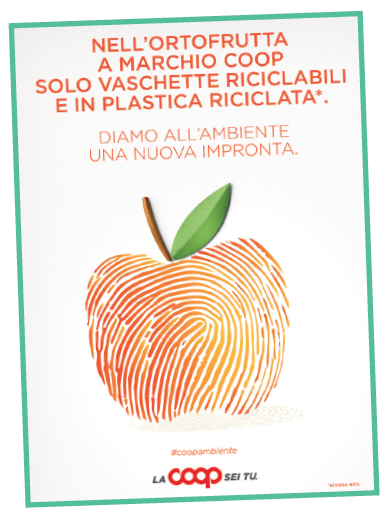 - The COOP Experience presented by Chiara Faenza, Head of Innovation Sustainability and Values of COOP, is a multi-stakeholder approach on materials and circular economy: content and container of a branded product must have the same values. Sustainability and circular economy are fundamental values of the company, relaunched with the latest “Coop for the environment” campaign. Coop has also joined the Pledging Campaign EU and signed “the Circular Plastic Alliance” to promote the reduction of plastic materials, increase the diffusion of recycled plastic materials and stimulate innovation in the market.
- The COOP Experience presented by Chiara Faenza, Head of Innovation Sustainability and Values of COOP, is a multi-stakeholder approach on materials and circular economy: content and container of a branded product must have the same values. Sustainability and circular economy are fundamental values of the company, relaunched with the latest “Coop for the environment” campaign. Coop has also joined the Pledging Campaign EU and signed “the Circular Plastic Alliance” to promote the reduction of plastic materials, increase the diffusion of recycled plastic materials and stimulate innovation in the market.
- The only start-up among the local companies, Hooro - represented by CEO and R&D Manager Saverio Ermanno Lorè - presented the product/service of its own invention which, through new technologies, enables Shelf Analytics to support sustainability, in particular in areas of purchasing and supply chain, logistics, transport and energy consumption.
- Matteo Mingardi, Pelliconi ’s Innovation Manager (world producer of metal closures for the beverage sector) via case studies developed by the company, gave an account of how digital makes products and packaging precious, through consumer engagement, personalization and traceability.
- Roberto Saponelli, R&D and Research Funding Manager of Protesta - SACMI, closed the day, showing how the need to develop evermore performing products requires the use of virtual simulation techniques, which enable to attain solutions that cannot be attained via traditinal planning models. It also highlighted the key role of designers in their team, underllining the need to introduce design into innovation processes within companies in the packaging sector
In conclusion
Chemistry, physics, economics, biology, engineering, art, can be kept close and together by the “culture” of the project.
In fact, design is par excellence an aggregating discipline because it does not have its own vertical knowledge, but in its elementary need to synthesise knowledge from other sectors it opens up to dialogue aimed at the productive and cultural exploitation of knowledge. A knowhow that mediates between knowledge and interest (1)..
Flaviano Celaschi
Full Professor Dep. Architecture, Industrial Design, Bologna University
Clara Giardina
Research Fellow, Dep. Architecture, Bologna University

















